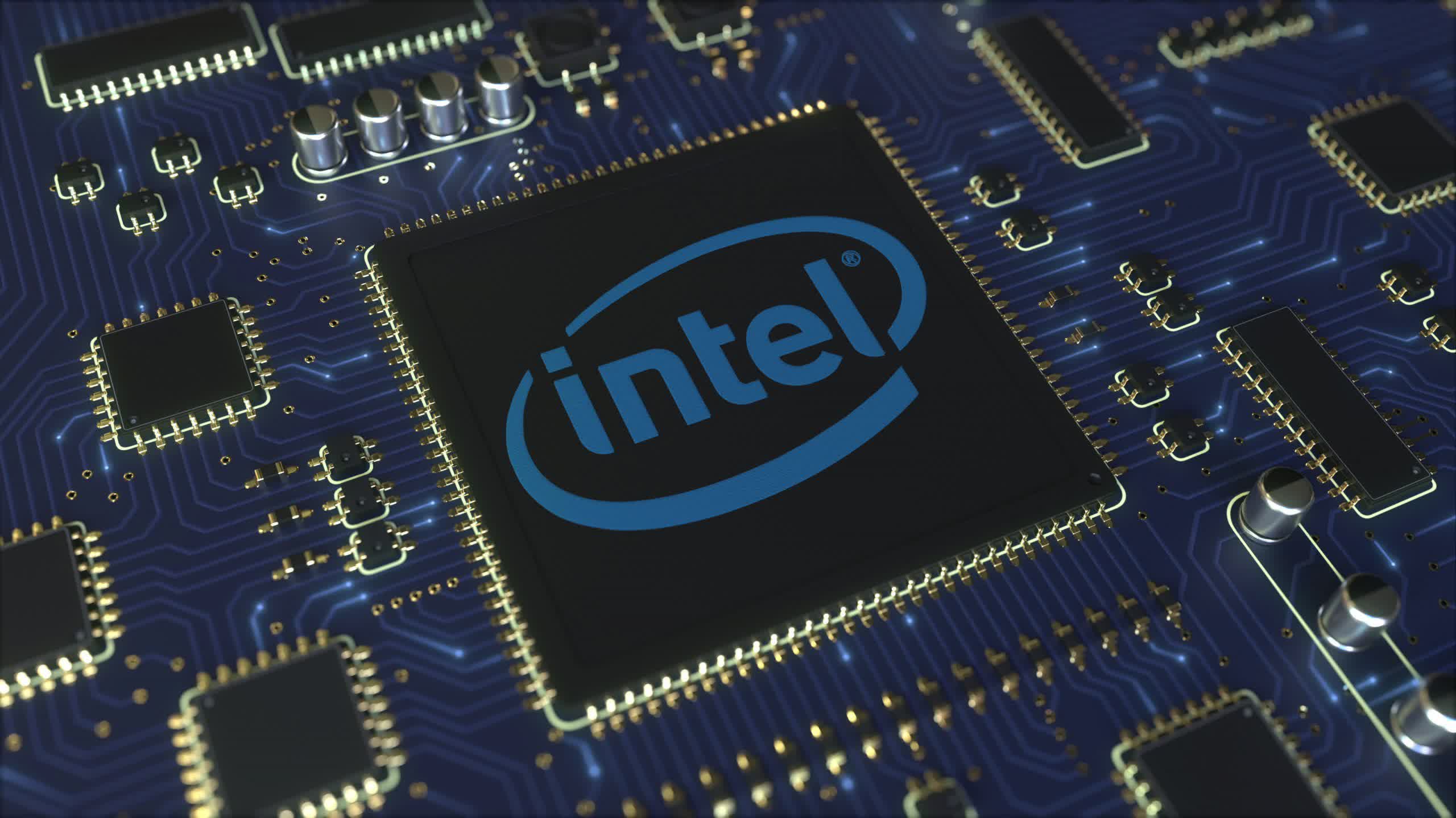In context: Intel announced today that its recently launched foundry business won a contract from the Department of Defense to provide foundry services in its efforts to start domestically manufacturing advanced semiconductors for its systems. This move should boost Intel's attempts to compete in semiconductor manufacturing against its Asian rivals.

This contract is for the first phase of Rapid Assured Microelectronics Prototypes - Commercial (RAMP-C), which is what the DoD calls its new program to develop systems using American-made chips. Intel Foundry Services is leading the project but will work alongside other companies, including IBM, Cadence, and Synopsys.
Intel started Intel Foundry Systems back in March, and earlier this month, let slip a few more details about its intentions to spend between $60 billion and $120 billion to build a new mega-fab in the US. It is currently considering multiple locations across the country for the mega-fab. In the coming years, Intel wants to directly compete with the Taiwanese TSMC and South Korean Samsung, which currently sit at the bleeding edge of semiconductor manufacturing, making most of the world's advanced semiconductors.

Intel’s newest factory, Fab 42, opened in 2020 in Chandler, Arizona.
"One of the most profound lessons of the past year is the strategic importance of semiconductors, and the value to the United States of having a strong domestic semiconductor industry," said Intel CEO Pat Gelsinger, referring to how the COVID-19 pandemic has revealed vulnerabilities in global supply chains.
This is evidenced by the semiconductor shortage, which affects the manufacturing of everything from cars to computers to game consoles. "Intel is the sole American company both designing and manufacturing logic semiconductors at the leading edge of technology," Gelsinger added.
One of those vulnerabilities has been the semiconductor industry's overreliance on Samsung, particularly TSMC, to produce chips with the most advanced processor nodes. The potential to have an American company produce similar semiconductors in the US has obvious appeal for the DoD.
https://www.techspot.com/news/90915-intel-foundry-services-wins-pentagon-contract-us-made.html